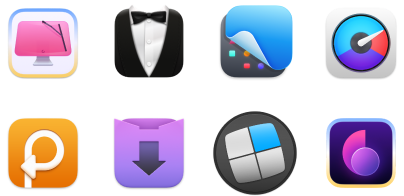Mac stuck on Apple logo? Here's how to fix it fast
▼ Key Takeaways: Fixing Mac startup issues
- Force restart can quickly fix boot issues. Press and hold the power button for about 10 seconds, then restart to bypass temporary glitches preventing startup.
- Safe mode helps identify software problems. Booting in safe mode disables third-party apps and login items, allowing you to see if software is causing the Mac to freeze.
- PRAM/NVRAM reset works for Intel Macs. Resetting these stores can resolve low-level settings issues like sound, display, and boot preferences. Apple Silicon Macs use a different architecture.
- Regular maintenance prevents future boot problems. Use tools like CleanMyMac to remove junk, iStat Menus to monitor performance, and Get Backup Pro to safeguard important files.
- Recovery apps provide a safety net. iBoysoft Data Recovery can restore lost or overwritten files from all Macs, even unbootable systems. Find it on Setapp and try 250+ apps for free.
It’s five minutes before an important Zoom meeting, and I’m texting my team on Slack saying, “My MacBook Pro won’t boot past the Apple logo.” Little did I know it was possible to fix the problem in less than 10 minutes and show up for my meeting on time.
Hopefully, this article will help you avoid my mistake. Let’s dive right in.
How to fix a Mac stuck on the Apple logo: Step-by-step guide
A frozen Apple logo on your screen can be frustrating, but these steps will help you troubleshoot and get your Mac working again.
Force restart Mac
If waiting hasn’t solved the issue, a force restart might. It can help the Mac get past a temporary glitch that’s preventing it from booting up.
Here's how to force restart a Mac:
- Press and hold the power button for about 10 seconds.
- Wait a few seconds.
- Press the power button to restart the Mac.
If this doesn't do the trick, you can try more comprehensive solutions.
Boot into safe mode
Booting into safe mode stops third-party apps and login items from loading. It’s a quick way to know whether the issues you're facing are caused by misbehaving software.
Here's how to boot into safe mode (Apple Silicon Macs):
- Shut down the Mac (long-press the power button).
- Press and hold the power button until the startup options screen comes up.
- Choose your startup disk, and then hold the Shift key.
- Click Continue in safe mode, then release the Shift key.
- Log in.
If you're using an Intel-based Mac, here's how to boot into safe mode:
- Shut down your Mac (long-press the power button).
- Click the power button and immediately press and hold the Shift key.
- Log in.
Learn more about how to get out of recovery mode on Mac.
Step up your Mac maintenance
If safe mode gets your Mac up and running, you now need to identify the programs that may be responsible and remove them. After that, boot normally and clean up some more.
I usually rely on CleanMyMac for that, as it gives a full overview of what’s going on and makes it super easy to uninstall unnecessary apps (Applications module) and clean up junk (Cleanup module).
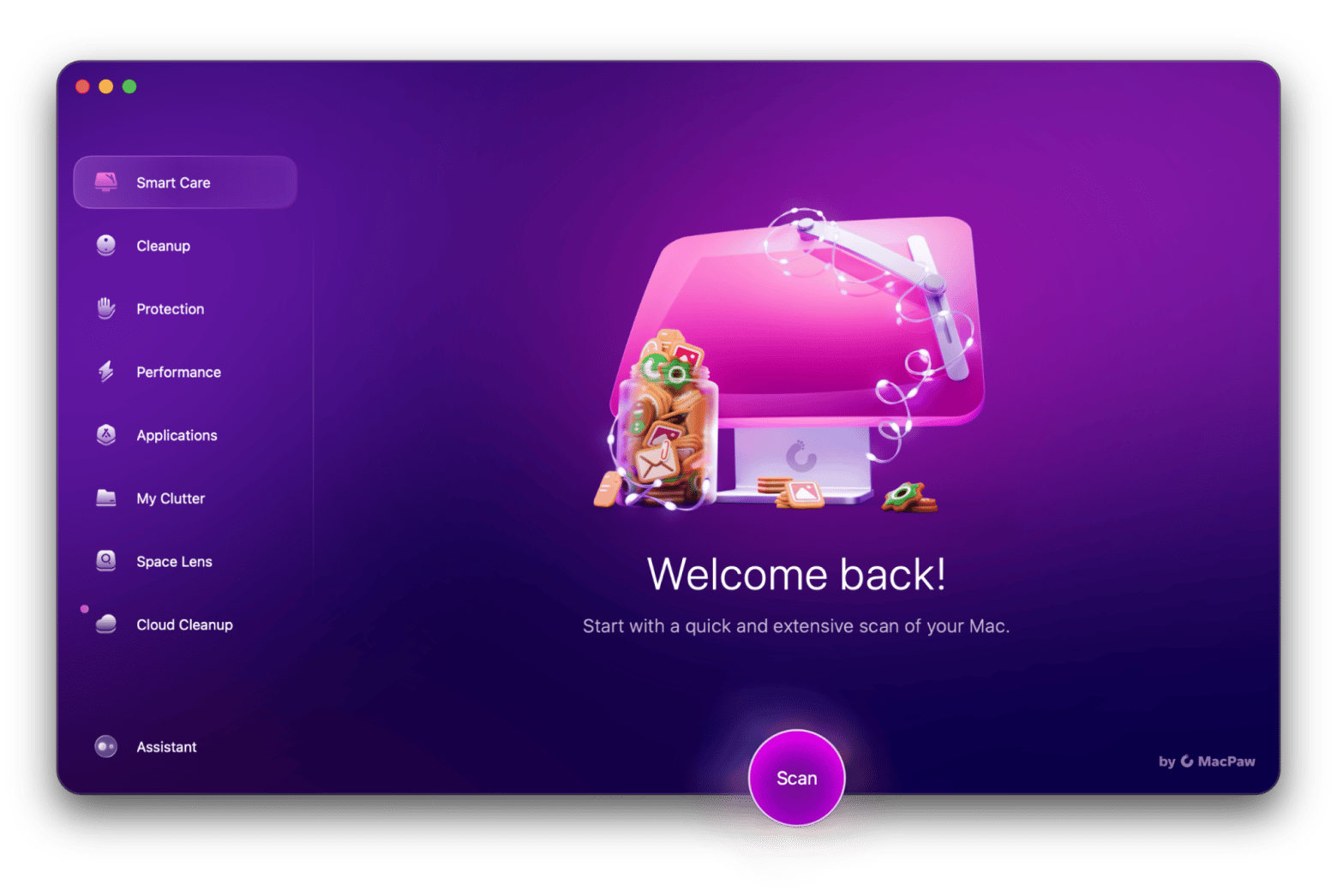
Once that’s done, you can monitor your Mac’s performance with iStat Menus. It gives a comprehensive look at your CPU's performance, memory allocation, and disk space utilization.
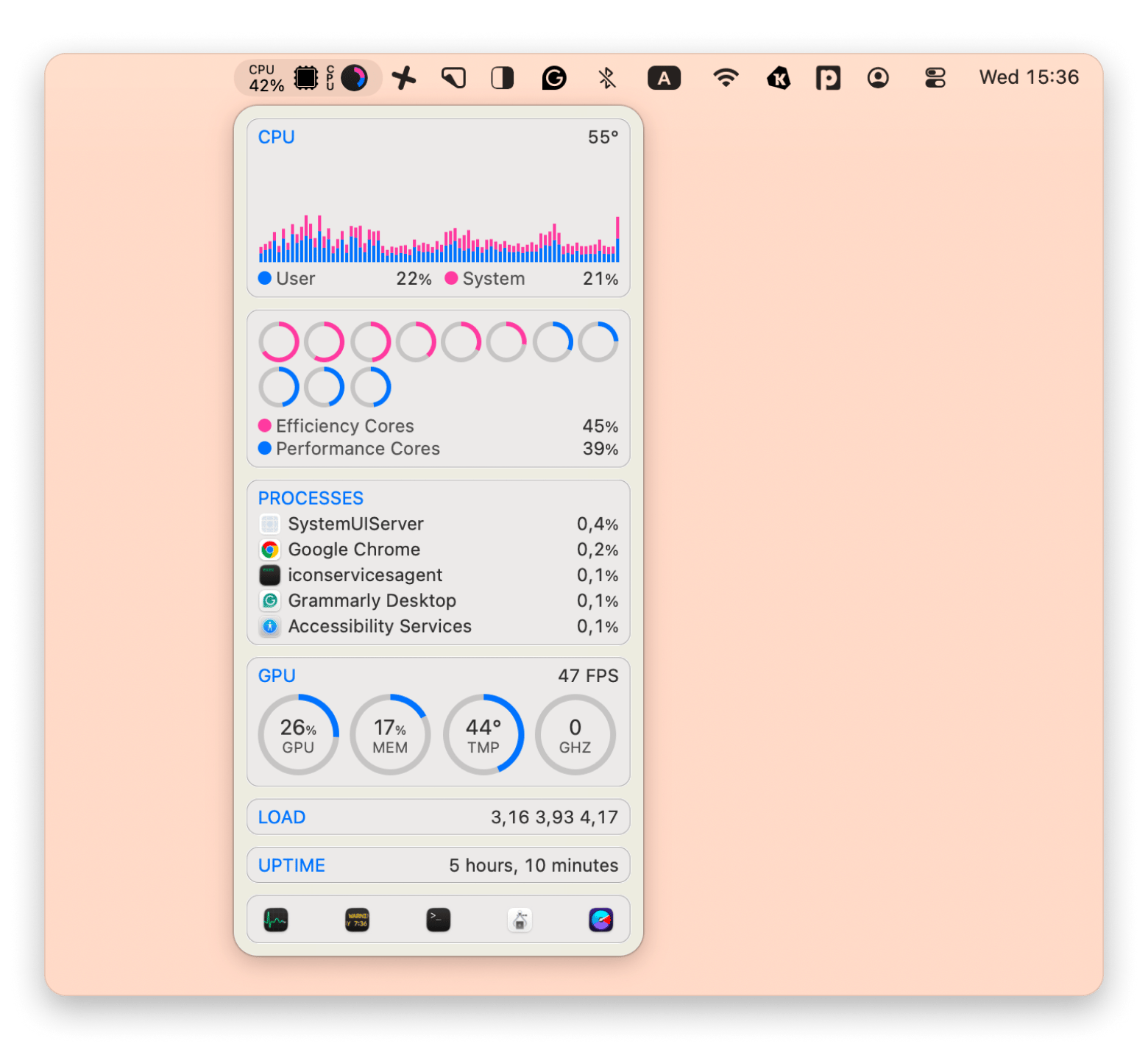
Here’s the guide on how to lower CPU usage.
Reset PRAM/NVRAM
On Intel Macs, PRAM and NVRAM are the parts that store low settings like the sound volume and display settings. If your Mac has started acting up after you’ve tweaked a few things around, reset these two.
Here's how to reset PRAM/NVRAM:
- Shut down your Mac.
- Press the button, and then immediately hold Command + Option + P + R until you hear the startup sound.
- Let go of the keys and try rebooting your Mac again.
If your Mac boots up successfully, you can adjust your preferences as you've reset them.
Note: Resetting PRAM/NVRAM doesn't apply to Macs with Apple Silicon. They have a different system architecture (components like CPU, GPU, RAM, and controllers are integrated into a single chip).
How to protect your Mac from boot issues in the future
Once you've fixed the problem, the last thing you want is to deal with the same issue all over again. The best way to prevent this is by doing regular maintenance, and there are several ways you can keep your Mac healthy.
Keep macOS and apps up to date
Apple releases updates every other month to patch bugs and improve overall system stability. Install these and any app updates to sort out compatibility issues. Use the built-in Software Update tool in System Settings to check for macOS updates and install them.
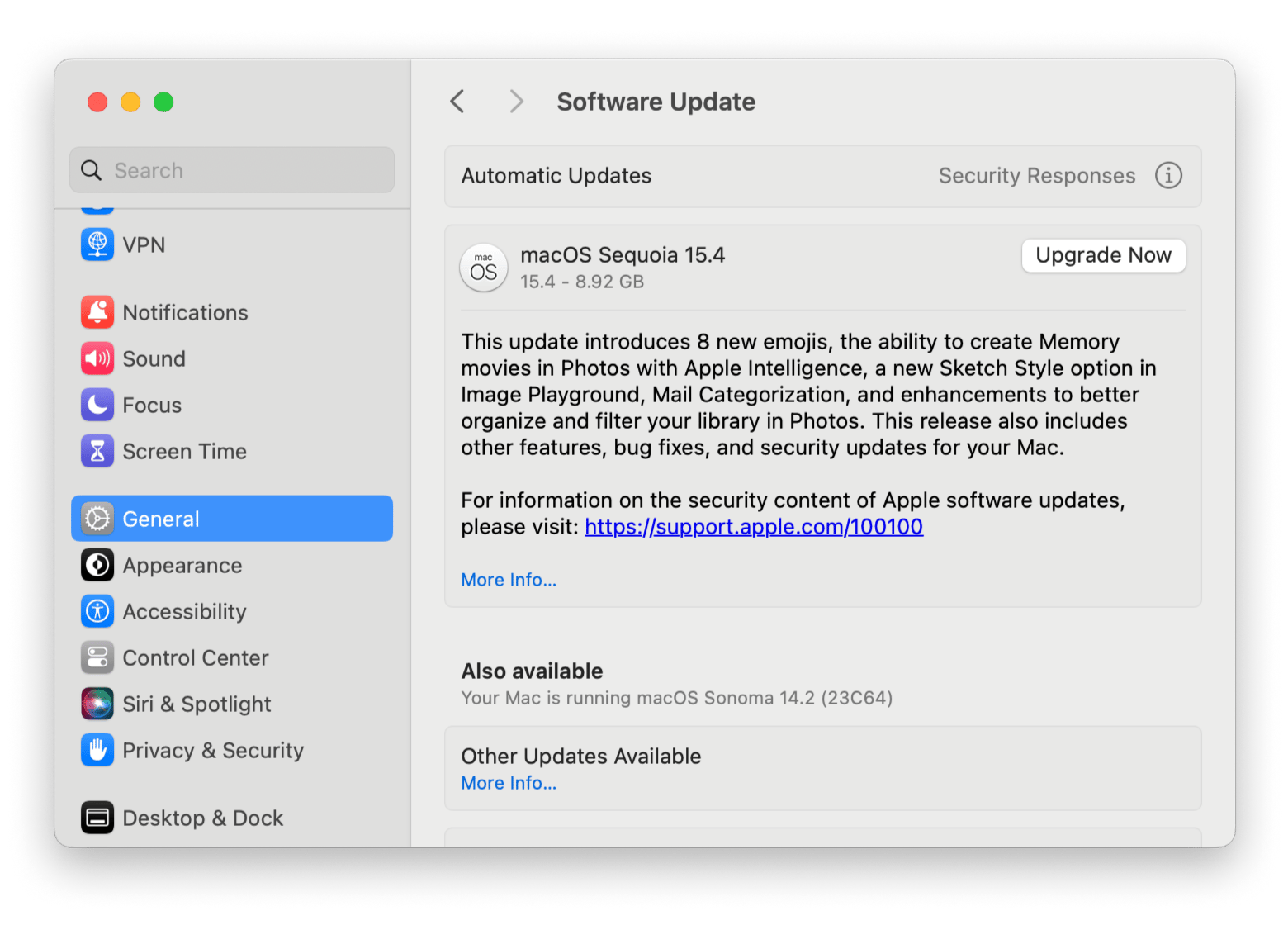
Run disk checks and monitor your system
Like any other system, your Mac will experience some minor errors now and then. If you ignore them, they can lead to bigger startup issues.
I've been a victim, so I use iStat Menus to monitor my Mac's health and get details like fan behavior, temperature, CPU usage, and disk usage.
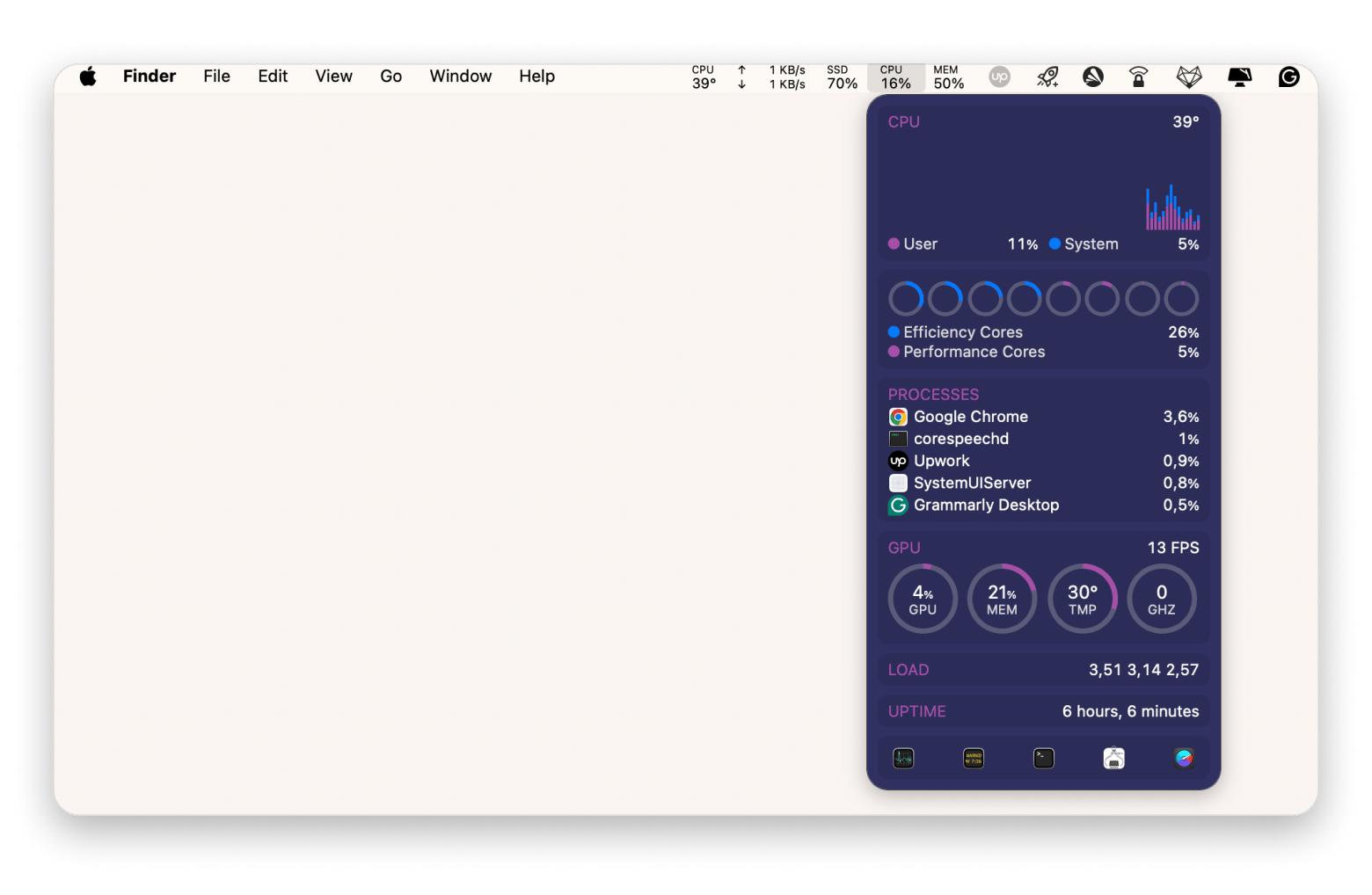
Clean up storage regularly
When your Mac is running low on space, it starts getting glitchy. A startup can become slow, you can start seeing random errors, and it can even fail to boot as some processes aren’t working well.
The easiest way to deal with this is to use CleanMyMac, which quickly spots what’s taking up your space, from leftover files to huge files you haven’t opened in ages. It makes cleaning up your Mac easy and fast.
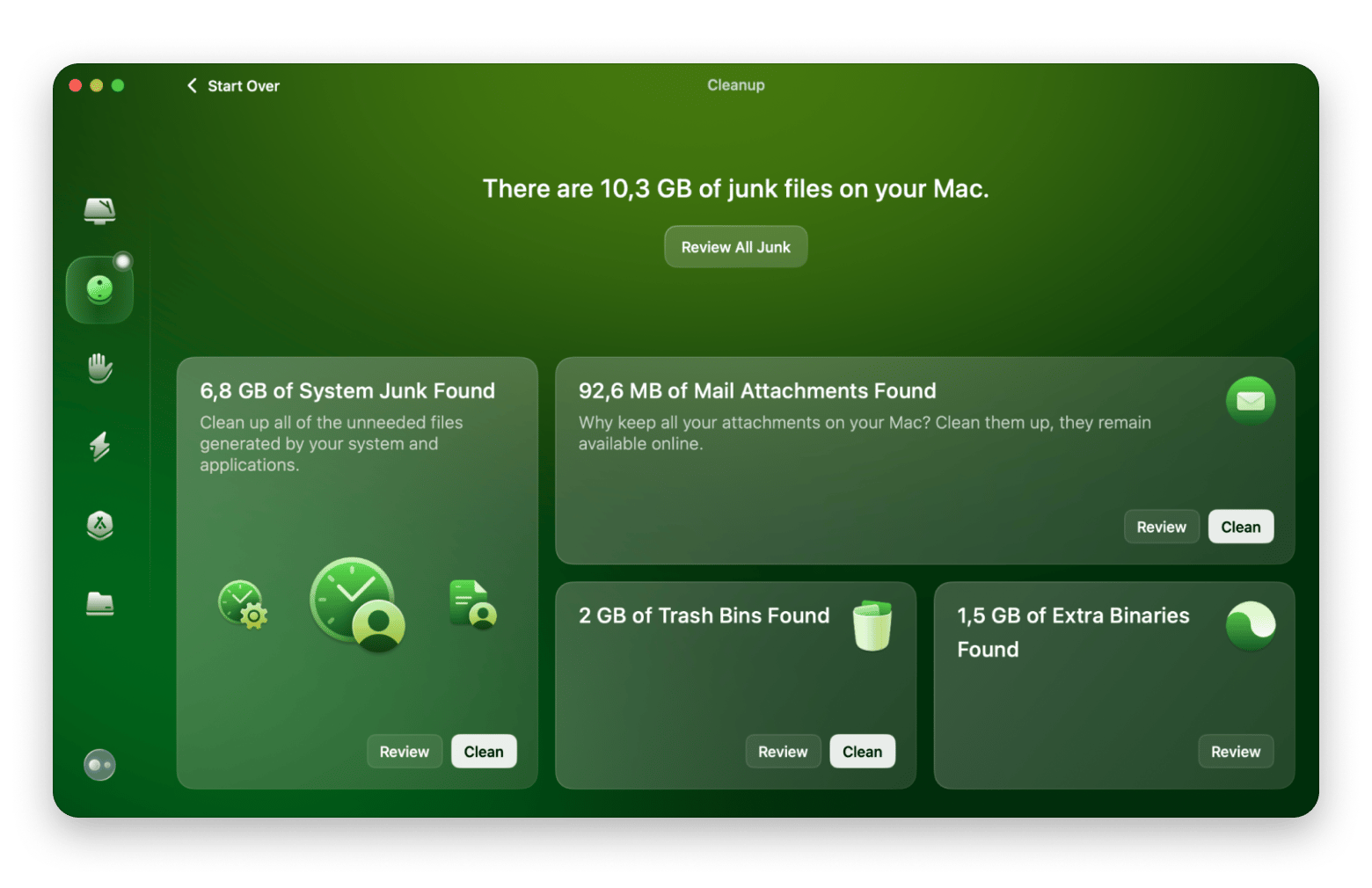
Back up essential files
Like any other machine, Macs don’t always pick the best time to act up. I always back up my important data to avoid frustration at a critical time.
Time Machine can help you do that, but I prefer Get Backup Pro as it’s more flexible. The app makes it easy to back up your data, whether you want to do a simple copy, clone your disk, or perform incremental backups. Plus, it cuts the backup size by up to 60% to save space.
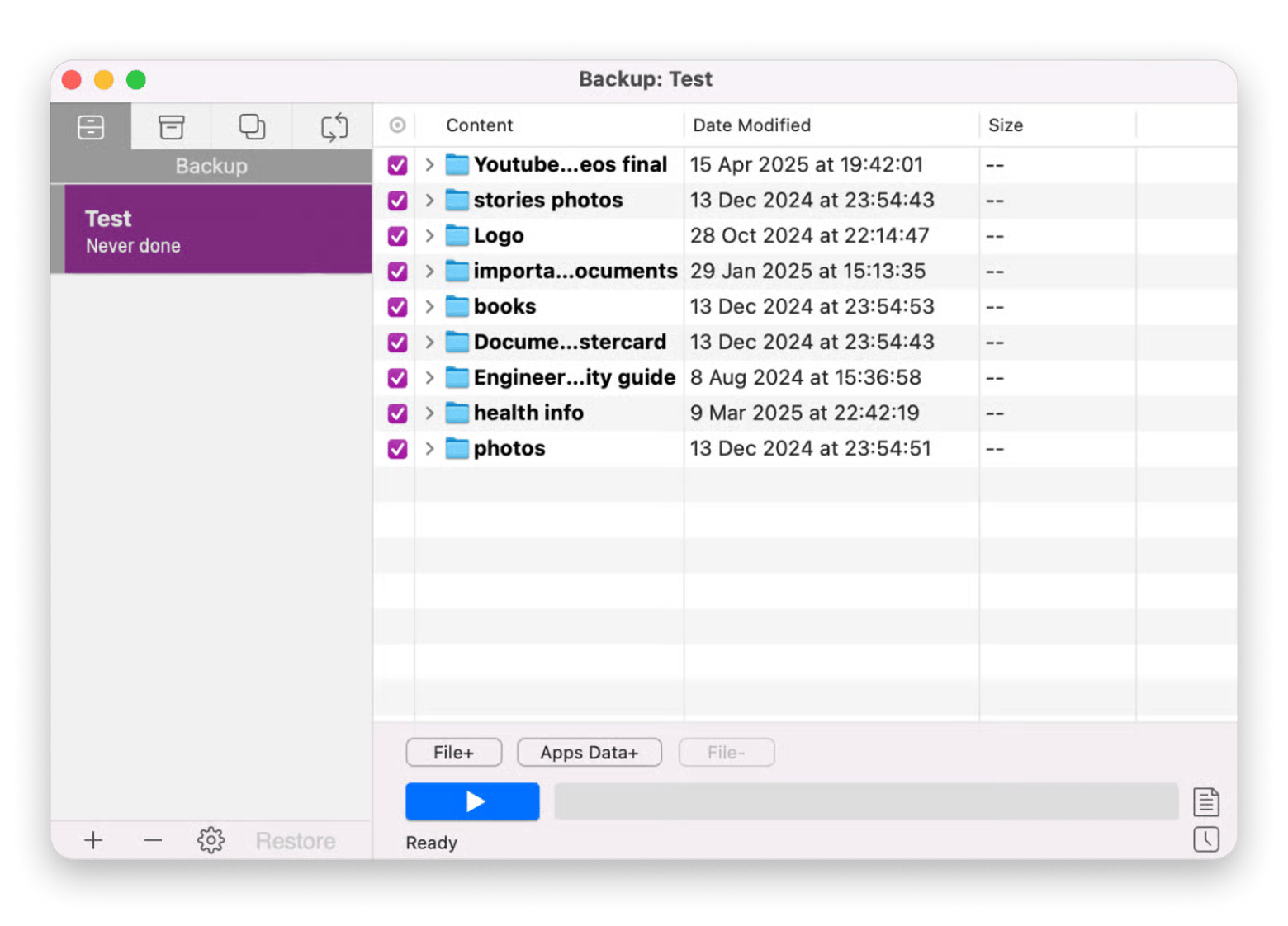
Have a recovery safety net
Mistakes and accidents happen. You can delete a file by mistake, your system might crash, and your data might disappear. That’s why it’s smart to use a recovery app like iBoysoft Data Recovery. The app can bring back any lost or deleted files, and it works with all popular devices.
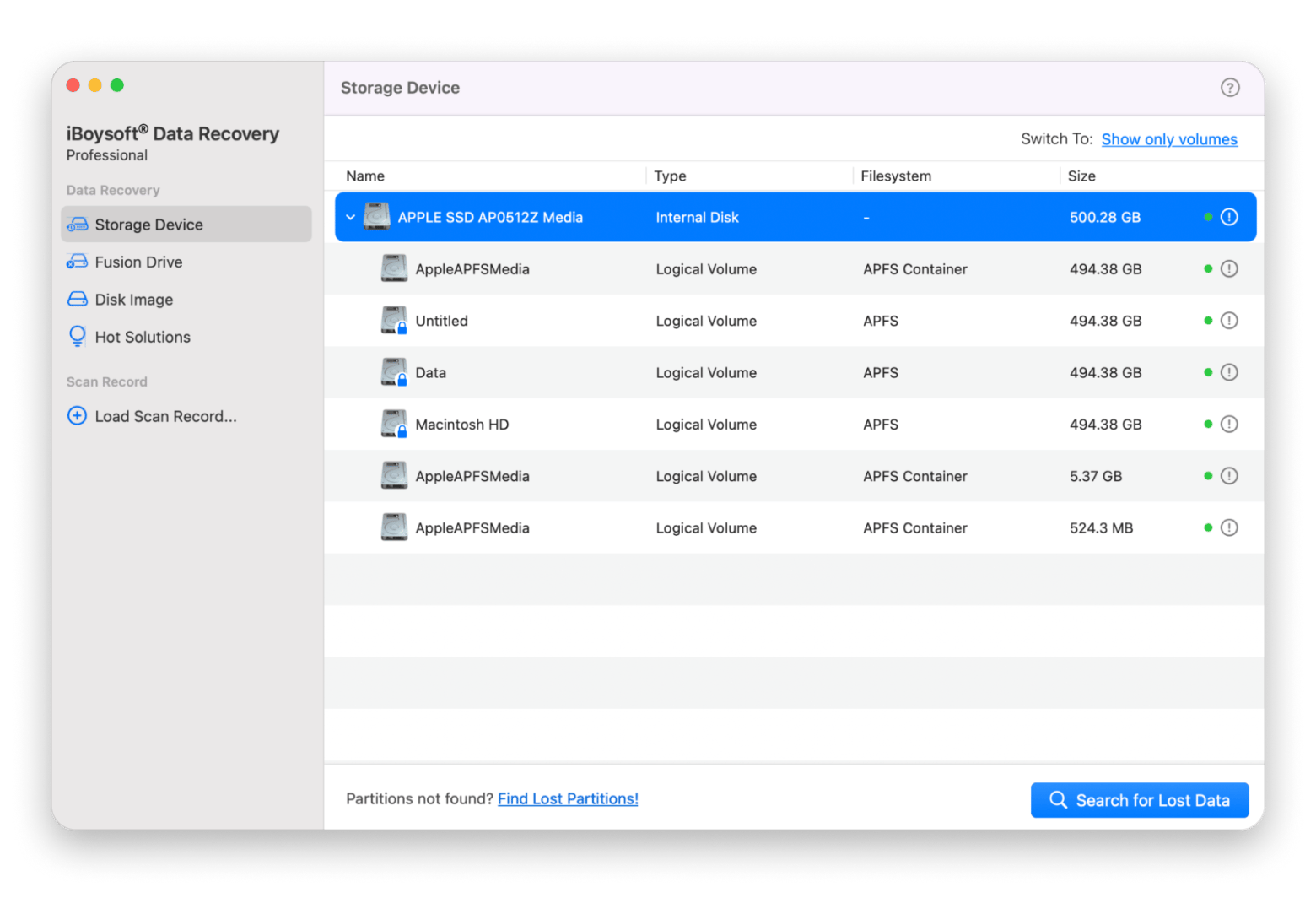
Final thoughts on how to fix a Mac stuck on the Apple logo problem
When your Mac gets stuck on the Apple logo, it’s annoying, but not the end of the world. Most of the time, a quick force restart, a Safe Mode boot, or tweaking a few settings is all it takes to get things running again.
If you want to avoid this kind of headache in the future, you can use CleanMyMac to clear out the junk you don’t need, iStat Menus to keep you in the loop on how your Mac’s running, Get Backup Pro to make sure your important files are safe, and iBoysoft Data Recovery to quickly recover what’s lost.
You can find all these apps on Setapp, a subscription that gives you access to 250+ Mac and iOS apps for one monthly price. There’s even a free trial, so you can take it for a spin and see how much easier it makes looking after your Mac.
FAQs
What to do if Mac is stuck on the Apple logo?
If Mac is stuck on the Apple logo, run a few troubleshooting procedures. You can start with simple ones like unplugging external devices and force restarting your Mac, then move on to Safe Mode and resetting various components.
How do I fix my Apple logo that is stuck?
To fix your Mac stuck on the Apple logo problem, you can start by force restarting your Mac to clear any temporary glitches. If that doesn’t work, try booting in Safe Mode to rule out software issues, or reset settings like PRAM/NVRAM on Intel Macs. Keeping your Mac clean, updated, and backed up can help prevent it from happening again.
How do you unfreeze an Apple Mac?
If the screen isn’t changing and your Mac isn’t responding to any input, hold down the power button to force a restart. But if the issue tends to come up now and then, it’s a sign that there’s more going on. Install CleanMyMac and run a full scan.
How do I fix my Mac that won't boot up?
To fix a Mac that won't boot up, unplug any external devices and try a force restart. If it still won’t boot, start in safe mode to check for software issues, or reset PRAM/NVRAM on Intel Macs. Make sure you don't lose your data by backing it up with Get Backup Pro.
